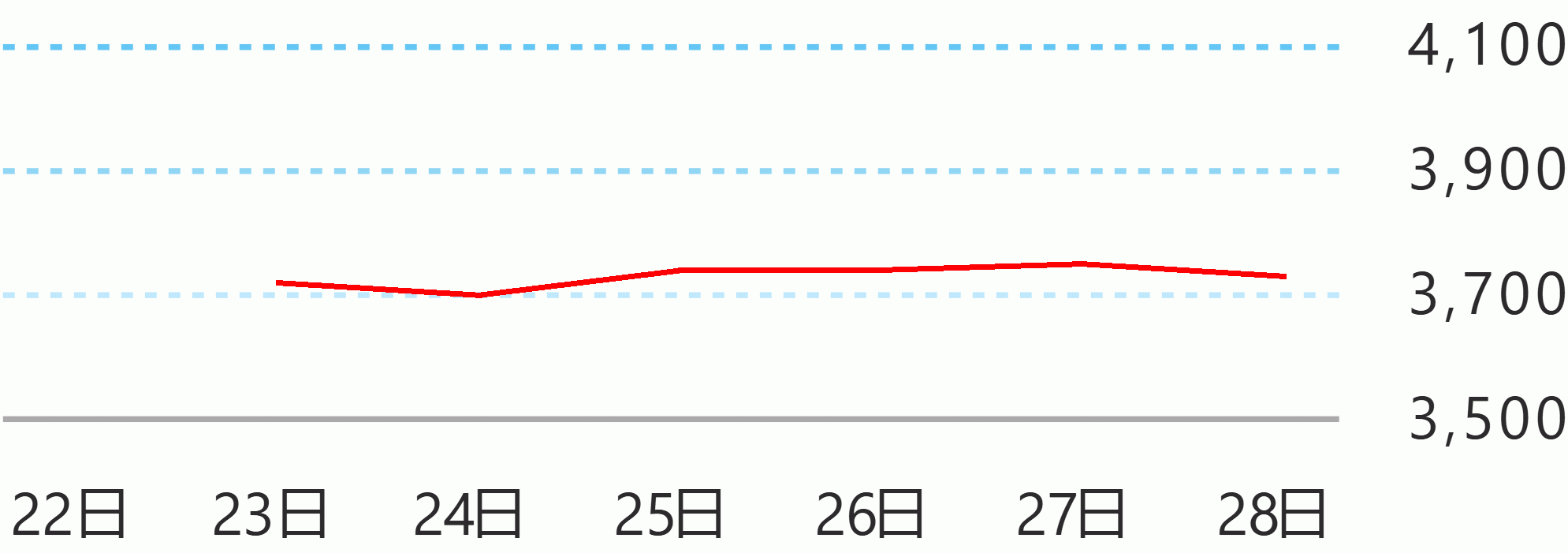The code of conduct of parties in the South China Sea being pushed by the Philippines and other Southeast Asian countries with China is not yet dead despite the Chinese coast guard law that took effect on Monday, Malacanang said.
Presidential Spokesperson Harry Roque said the ASEAN member countries, particularly those who have claims in the South China Sea, continue to discuss the proposed code of conduct.
"So, as to whether or not the code of conduct is dead, I don't think so because that is being accepted and being discussed by the countries who have their respective claims in the West Philippine Sea (South China Sea)," he said in a televised press briefing.
Retired Supreme Court Justice Antonio Carpio has said China's new law allowing its coast guard to fire on foreign vessels in Chinese-claimed reefs has rendered the COC "dead on arrival."
Carpio, who helped won in the arbitral tribunal against China's sweeping claim in the South China Sea, also urged the Philippines and ASEAN to go to the United Nations to declare China's coast guard law as void under the United Nations Convention on the Law of the Sea and international law.
Roque said it would be up to the Department of Foreign Affairs if the Philippines, along with other ASEAN countries, would bring up the case before the UN.
He also said that the issue could not be brought with the International Court of Justice because there is no consent from China.
"What can be done is to go to the International Tribunal for the Law of the Sea, just like what we did, because being a party ot UNCLOS, (China) also becomes a party to the compulsary dispute settlement mechanisms," explained Roque, a former international law professor.
"So, there is a probability, but the decision on whether or not to actually do so will be dictated by national interest, not only of the Philippines, but also of the different ASEAN countries," he said.
He also said like in domestic jurisprudence, the Philippines needs to show that enforcement of China's coast guard law will infact violate the rights of an individual and there is an actual case or controversy. Celerina Monte/DMS





 English
English









